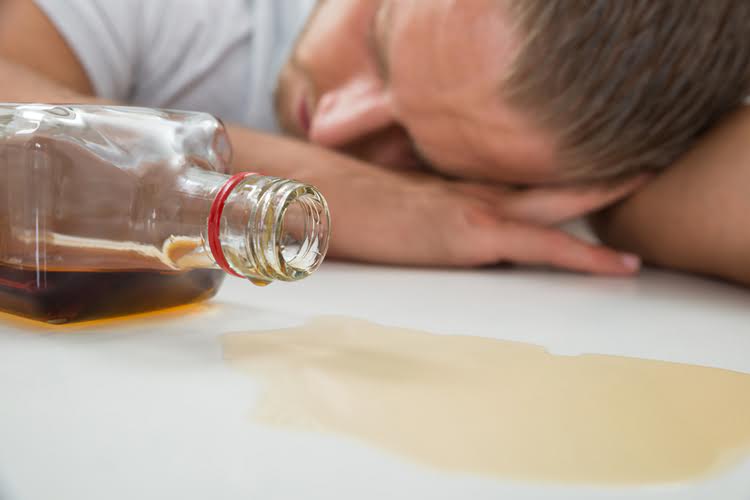When you consume alcohol, it travels into your bloodstream. Your enzymes work to break down the alcohol so that it can be removed via your liver. However, there is some alcohol which isn’t broken down in this way, and that gets removed what is alcoholism through your urine, sweat and breath.
- Acne is caused by bacteria, inflammation, and clogged pores.
- You might remember the laughter and joy of being surrounded by friends and family, where the alcohol scent blends with happiness.
- If that doesn’t sound appealing, there are plenty of non-alcoholic beers, wines and mixers available in most bars and supermarkets.
- Lather well and pay special attention to areas with more sweat glands, such as your underarms, chest, back, and groin area.
What Does Alcohol Body Odor Smell Like?

Congeners are chemicals produced during alcohol fermentation. The fewer congeners in your drink of choice, the less likely you are to develop a hangover. But it can affect certain bodily systems, such as your hormone levels, that influence acne development. Your favorite nutritional veggies and sides may also be causing some unexpected odor.

How does the presence of alcohol in the body affect the smell of sweat?
According to research, more than 90% of alcohol is eliminated by the liver, while just 2-5% is excreted unchanged in urine, sweat or breath. It is important to remember that while these techniques can help to mask the odour, they do not decrease the alcohol level in your bloodstream. The only way to completely get rid of the alcohol smell is to wait for your liver to metabolize the alcohol, which can take several hours depending on the amount consumed. However, it is important to remember that while the above techniques can help mask the odor and avoid alcohol breath, they cannot decrease the alcohol level in your bloodstream.
Does your body ever sweat out alcohol?
First off, alcohol can affect your body in ways you mightn’t expect. When you drink, your body processes the alcohol, which can lead to dehydration. Staying hydrated is crucial, so make sure to drink water alongside any alcoholic beverages. You already know does alcohol come out of your pores that water is the best beverage for your health. When your skin is properly hydrated, it’s able to balance natural oils and get rid of dead skin cells and toxins with ease. It’s worth noting that body odor is affected by other factors, too, like genetics, personal hygiene and certain medical conditions.
Ethanol (drinking alcohol) and its metabolites (burn-off products), such as acetaldehyde, can stay on the drinker’s breath for up to 12 hours. The odor of alcohol does not only come from your throat, but also from your skin’s pores. Take a quick shower before applying any lotion, baby powder, or deodorant you need to avoid sweating. Drinking alcoholhas the mostdetrimental effects on your skin. This is due to the way it is processed byyour body, which metabolises it into acetaldehyde compound, making the body’sblood vessels relax as a result. Dullness, discolouration, sagging, enlargedpores, dehydration, blotches, redness, thread veins and puffiness are commonside effects of alcohol on skin.
Chlorophyllin, found in plants, has been used orally as an internal deodorant in the 1940s and 1950s on foul-smelling wounds, according to the Linus Pauling Institute at Oregon State University. Eating chlorophyll-rich greens such as spinach, and watercress can help freshen up the body, and prevent bad body odor. The smells of spices such as curry and cumin can turn a bland meal into a savory dish, but it https://ecosoberhouse.com/ can also wreak havoc on your body’s natural odor, remaining in your pores for days. But get ready to be more than just a little white liar; as a functional alcoholic you’ll wind up being a devious little shit…about EVERYTHING. Some foods and drinks, such as citrus fruits or green tea, may help neutralize the smell of alcohol from pores, but they may not completely eliminate it. And, of course, because it’s in your blood, it’s therefore in your lungs.